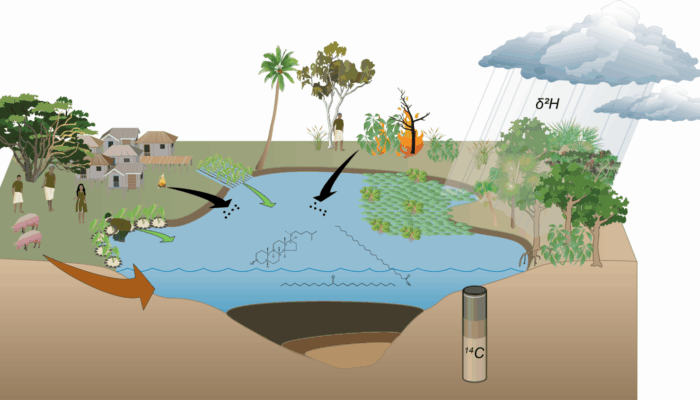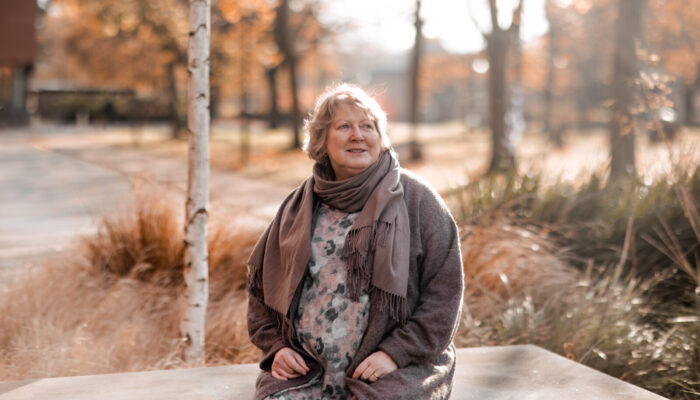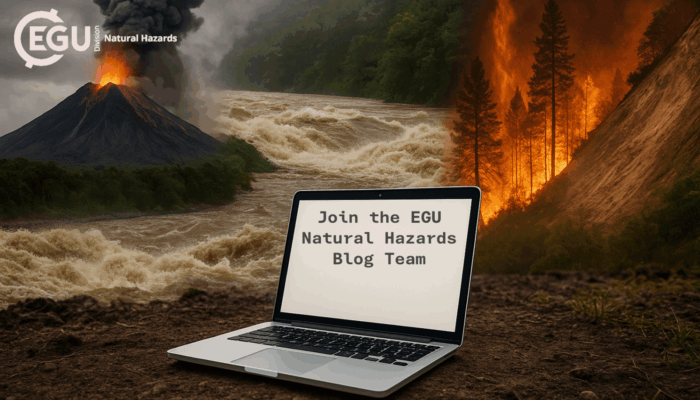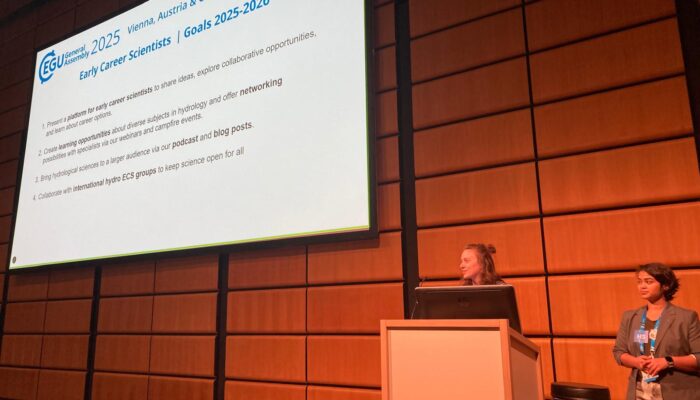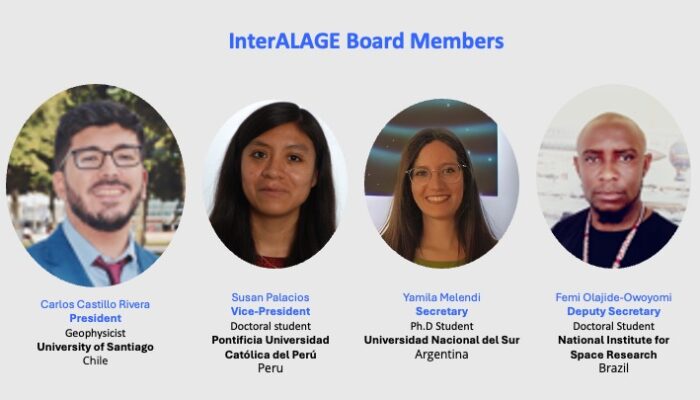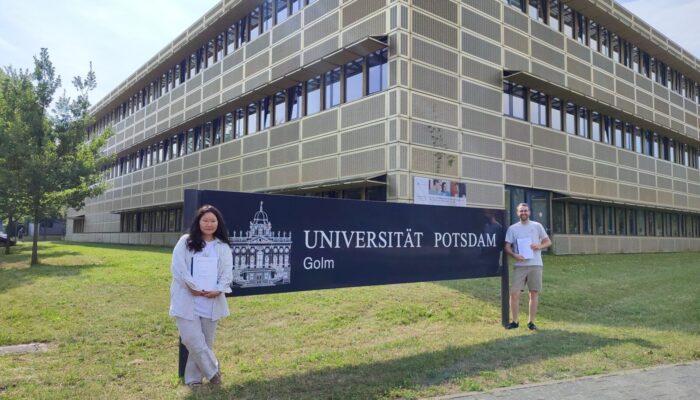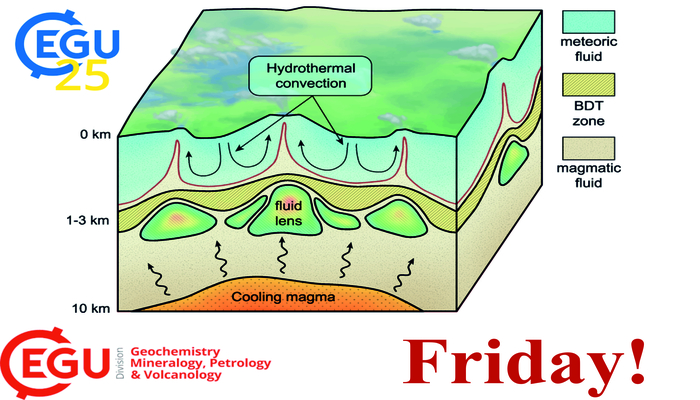Welcome to our new blog series, where we explore the fascinating world of oceanography through the lens of literature. Each post will feature book recommendations that involve the wonders of the ocean, from the imaginative realms of maritime science fiction to the educational pages of science nonfiction. Like Captain Ahab chasing Moby Dick, we’ll hunt down the best ocean literature for you. ...[Read More]
Hydrological Sciences
EGU GA 2025 – A Hydrological Wrap Up
The EGU General Assembly 2025 was an amazing success! Over the course of five sunny days in Vienna, 18,934 presentations were given across 1,102 sessions by the 18,646 on-site participants and 2,338 online attendees. There were plenty of events to choose from for the hydrologists attending. Across sessions, networking events, short courses, posters and medal lectures, we’ve put together some ...[Read More]
Geodynamics
Balancing pregnancy, family, and a scientific career: a look at the challenges faced by women in STEAM
In this week’s blog post, Dr. Katherine Villavicencio (University of Pisa) explores how women in STEAM navigate pregnancy and family life while advancing in their careers and examines the support (or lack thereof) provided by academic and research institutions. Science, Technology, Engineering, Arts, and Mathematics (STEAM) careers are undoubtedly demanding. For women in these fields, juggling the ...[Read More]
Climate: Past, Present & Future
Early farmers of the Pacific recorded in sediment cores from Vanuatu
The Pacific Ocean is a vast expanse that is punctuated by diverse islands and archipelagos. Some of these islands closer to Asia and the Australian landmass have been home to humans for tens of millennia. Others – spread across Micronesia, Melanesia, and Polynesia – make up Remote Oceania and were only settled by humans within the past few thousand years. Archeological investigations have provided ...[Read More]
Solar-Terrestrial Sciences
Meet Sandra Catherine Chapman, 2024 Hannes Alfvén Medalist, honoured for her groundbreaking contributions and vision in space plasma physics
Congratulations on receiving the 2024 Hannes Alfvén Medal for your pioneering work and outstanding leadership in advancing our understanding of space plasma physics, including its fundamental processes and impacts throughout the solar system and beyond. What does this recognition mean to you personally, and how does it impact your work in this fascinating field? I am deeply honoured to be awarded ...[Read More]
Natural Hazards
We want you! Join the EGU Natural Hazards Blog Team
Are you passionate about natural hazards? Do you want to explore and enhance your science communication skills? The EGU Natural Hazards Division Blog seeks beautiful minds to become enthusiastic new editors and join our diverse and inclusive team. The blog serves as a platform for the natural hazards community to share updates on the latest research, insights, and perspectives on issues relevant t ...[Read More]
Hydrological Sciences
Meet your ECS Rep – Melissa Reidy
Melissa Reidy is a postdoctoral researcher at the Swedish University of Agricultural Sciences, Uppsala. For 2025, she is the Early Career Scientist Representative for the Hydrological Sciences division. Can you tell us about the focus of your research? A common theme throughout all my research has been connections between land and water. What has been different is the ecosystems that I’ve s ...[Read More]
Solar-Terrestrial Sciences
Meet the InterALAGE Board Members
We are excited to introduce the InterALAGE Team! and share their vision for the future of the organization! To get to know them better, our Media and Communications Officer conducted an in-depth interview with the new board members. In this engaging conversation, the board members share their personal backgrounds, journeys within InterALAGE, and goals during their term. 1. To start off, could you ...[Read More]
Cryospheric Sciences
Cryosphere Caps: PhD hats and the researchers that wear them – Episode 3
This miniseries features the tradition of ‘PhD hat’ making in German research institutes and universities. For those of you unfamiliar with this idea (as I once was), this is one of the final milestones a graduate student has before they are officially a “Dr.”. Upon the successful defense of a thesis, the labmates of the PhD student craft a graduation hat from a mishmash of scrap cardboard and mem ...[Read More]
Geochemistry, Mineralogy, Petrology & Volcanology
EGU25 Friday Highlights
Finally, the last day arrived. It’s time to enjoy the last moment of the 2025 General Assembly. Today, there are a total of 5 sessions solely organised by the GMPV- In line with the significant breakthroughs in modern Earth Science, particularly due to the development in observational, analytical, and modelling methods by introducing micro to nano analytical tools, GMPV has scheduled a sessi ...[Read More]




